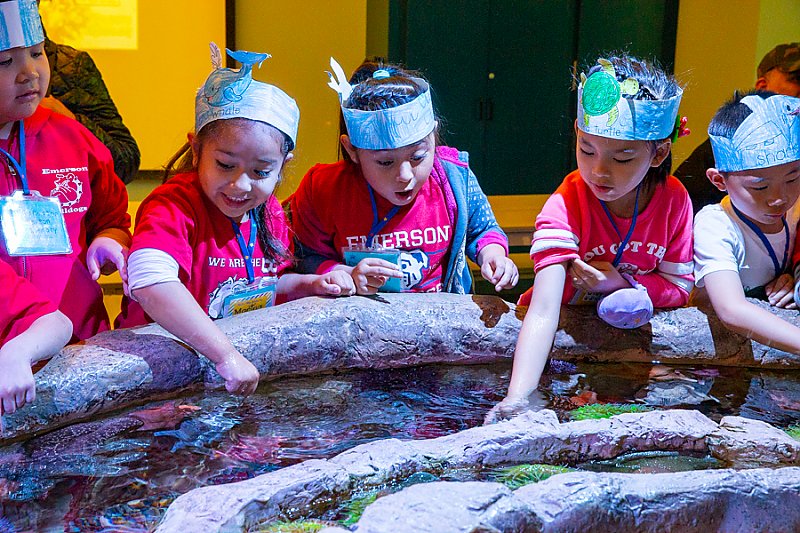Aquarium Exploration
Learn about some of the most interesting animals in our collection while virtually touring our Tropical Pacific, Northern Pacific, and Southern California & Baja exhibits with live camera views.
Programs are tailored to be grade specific and include interactive media, games, and time to ask questions. General themes include an introduction to the different habitats of the Pacific Ocean, animal diversity, and adaptations.
-
Learning Objectives:
- Learners will compare and contrast living and nonliving elements of tropical and kelp forest habitats
- Learners will ask questions and share observations about animals and their habitats using pictures, biofacts, and webcam footage
-
Price: $100
-
Program Time: 30 minutes





